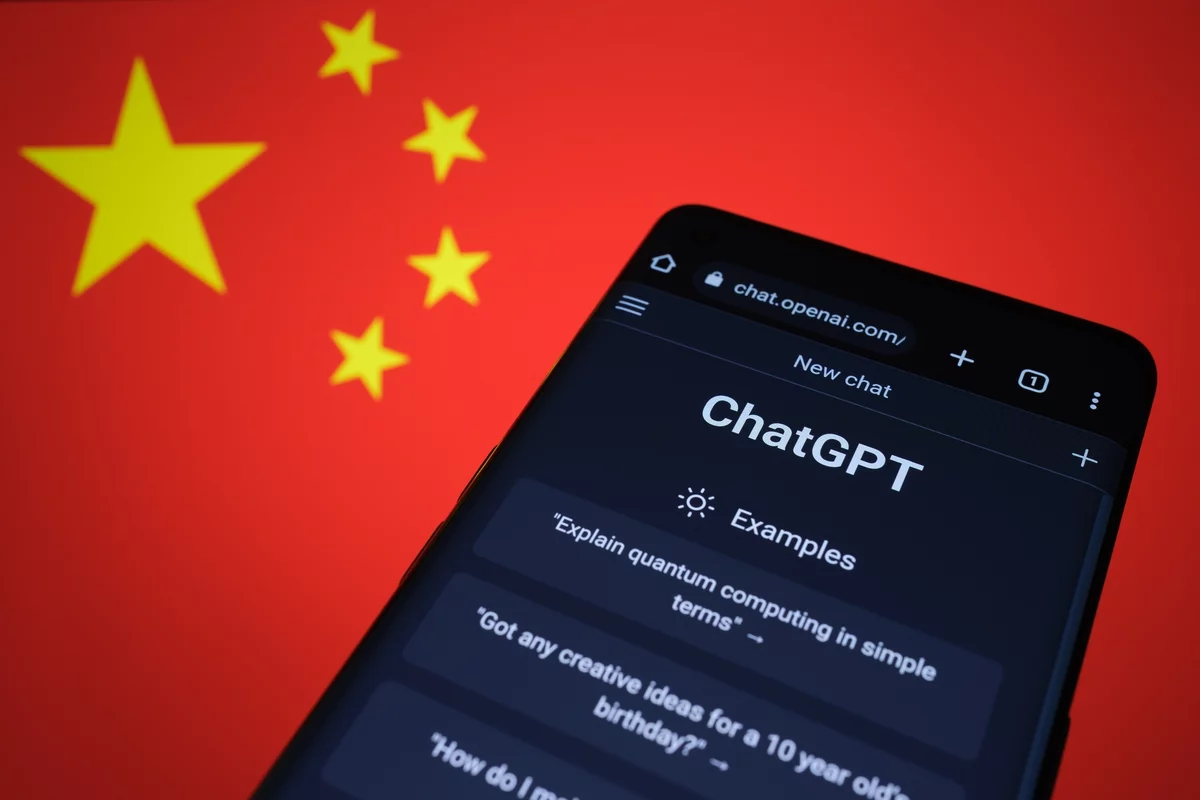[ACCI-CAVIE] Artificial intelligence is inevitably one of the major challenges facing the society of the future, and its many potential uses are poised to extend to strategic uses for entire nations. And if one investigation is to be believed, China is in the process of creating a system that will unmask American spies by combining AI and facial recognition tools.
The early 2020s were marked by two major events that shook up nations and societies around the world: the pandemic and artificial intelligence. While the latter still seems to be in its infancy, the progress it has made over the months has been breathtaking, and its originally confidential, even limited, applications are about to take on a much more global dimension, potentially becoming a major tool in the understanding of every country’s secret services.
An investigation by the New York Times, published at the end of 2023, revealed that China was about to launch a tool combining facial recognition and artificial intelligence to detect and track down American spies (who also use facial recognition, albeit in a highly disparaged way), at a time when the two countries have been waging economic warfare for several years.
Beijing’s green light on AI
This is not the first time that China has been singled out for its somewhat aggressive espionage: last October, the ‘Five Eyes’ alliance (made up of Canada, the USA, the UK, Australia and New Zealand) agreed on a significant increase in industrial espionage by China, following legislation passed by the Chinese Communist Party aimed at forcing any person of Chinese origin anywhere in the world to assist the intelligence services.
This new investigation, published in the New York Times on 27 December, only confirms suspicions that the Chinese government is becoming increasingly aggressive in terms of industrial and political espionage. Numerous agents were interviewed as part of the investigation, and they all agree on one point: China is said to have hundreds of millions of files on individuals and civil servants, following a massive theft of information over the last ten years. While humans are unlikely to be able to make any use of this information, the same cannot be said for AI: it would be able to identify interesting data, isolate it and make it effective in human hands. Among the data hacked are fingerprints, financial information, health records and so on.
This crucial information could then be used to track various American spies undercover in China, while monitoring their future interactions. As we have known since last February, the huge Asian country is particularly interested in technology. It would also make it possible to address one of China’s major grievances during the COVID-19 pandemic: at the time, various major players in Chinese technology regretted that the Beijing embassy’s surveillance services (security cameras, etc.) had not really been able to take advantage of their tools to spot foreign diplomats, military officers and spies. This new combination of facial recognition and AI packed with all kinds of information could completely change the game for the M.S.S. (Ministry of State Security).
On the American side, is the CIA lagging behind?
While the Chinese M.S.S. intends to plunge headlong into the intensive use of artificial intelligence for its intelligence services, the same cannot be said of its American counterparts. If an investigation published by the Wall Street Journal on 25 December is to be believed, the CIA is far less familiar with the technological advances made possible by AI. What’s more, the entire network of agents previously stationed in China is said to have been lost by the American agency around ten years ago, despite a refusal to officially acknowledge the fact.
A former head of the US intelligence services made a gloomy observation: “We have no idea what the Chinese leadership’s intentions are”. And this despite an effective increase in the CIA’s budgetary investment in monitoring China: spending on this has doubled since the start of Joe Biden’s Democratic presidency.
There has also been a real change in the way intelligence services think: in the past, the CIA and China fought over information about companies specialising in defence and armaments, but now they are competing to collect data relating to artificial intelligence and each country’s progress in this sector, which is clearly becoming increasingly crucial for homeland security.
By BB


